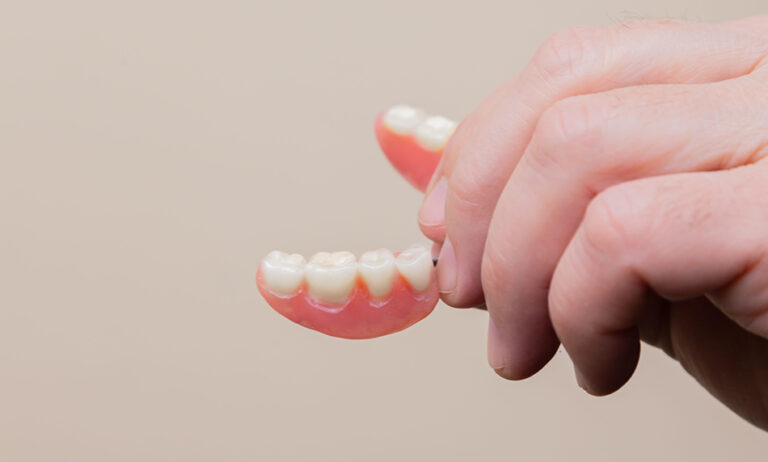While there’s nothing wrong with indulging in your favorite candy or soft drink now and then, the fact still remains that sugar is oral healthcare’s number one enemy. If you love to indulge in delectable sweets but you need to watch your sugar intake, there are numerous alternatives that are better for your health and better for your smile.
Xylitol
Xylitol is not a sugar; it is a sugar alcohol. It has a sweet flavor and comes in at just under 2.5 calories per gram, but it contains no fructose – the molecular component in sugar that causes tooth decay and can lead to a variety of health issues. Xylitol is used in a variety of “sugar free” versions of everyday products, including peanut butter, sugar free desserts, and even WooBamboo’s delicious fluoride-free toothpaste.
Stevia
Whereas xylitol is extracted from corn or birchwood and then processed, stevia is a bit simpler. It comes from the Stevia rebaudiana bush that’s native to South America, and the product sold as stevia is separated from unique compounds within the plant itself. Stevia contains zero calories, but it has a taste that is significantly sweeter than sugar gram-for-gram. The best part about stevia is that it has some other benefits, too; the leaves from which the sweetener is extracted are nutrient-dense, and some studies suggest that it may even lower blood pressure and blood sugar.
Monkfruit Sweetener
Monkfruit, also known as lua han guo or Swingle fruit in some parts of the world, is a small round fruit native to parts of southern China. The sweetener (also called mogroside) is extracted from the juice of the fruit’s flesh, and while the fruit itself does contain fructose and glucose, they are processed out so that only the mogroside is left behind. Though it has zero calories, it is said to be up to 200 times sweeter than sugar. Monkfruit sweetener is also an antioxidant and anti-inflammatory that may provide protection against certain cancers and other diseases.
Coconut Sugar
Coconut sugar doesn’t come from the flesh of the coconut itself; rather, it’s taken from the sap of the coconut palm. Though coconut sugar is still technically a sugar, it is only 75% sucrose as opposed to pure cane sugar, which is 100% sucrose. When paired with the presence of heart-healthy fats, coconut sugar is an amazing alternative, but it should still be enjoyed in moderation.
Honey
Honey contains a great deal of sugar, so it should be consumed in moderation, as well. It is the only sugar alternative on this list that actually has a higher calorie count gram-over-gram, as well. However, for those who want that real sugar taste without all of the processing, honey is a clear winner. It also contains a variety of amino acids, enzymes, minerals, vitamins, and antioxidants.
All four of these sweeteners are safe, healthy alternatives to sugar that will satisfy that sweet tooth without causing tooth decay in the process. The best part is that they are available in most grocery stores these days, and even if yours doesn’t carry them, they’re readily available online.





